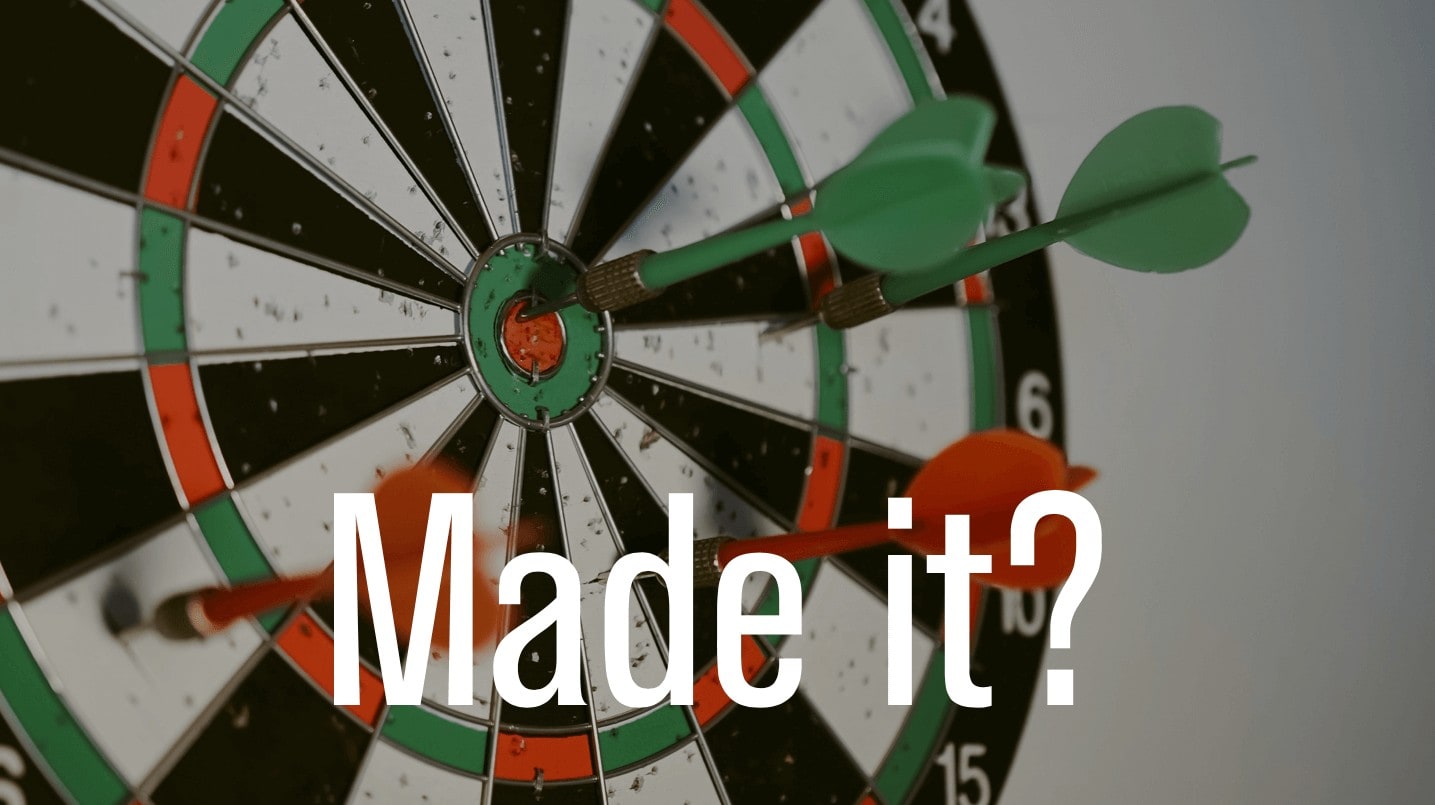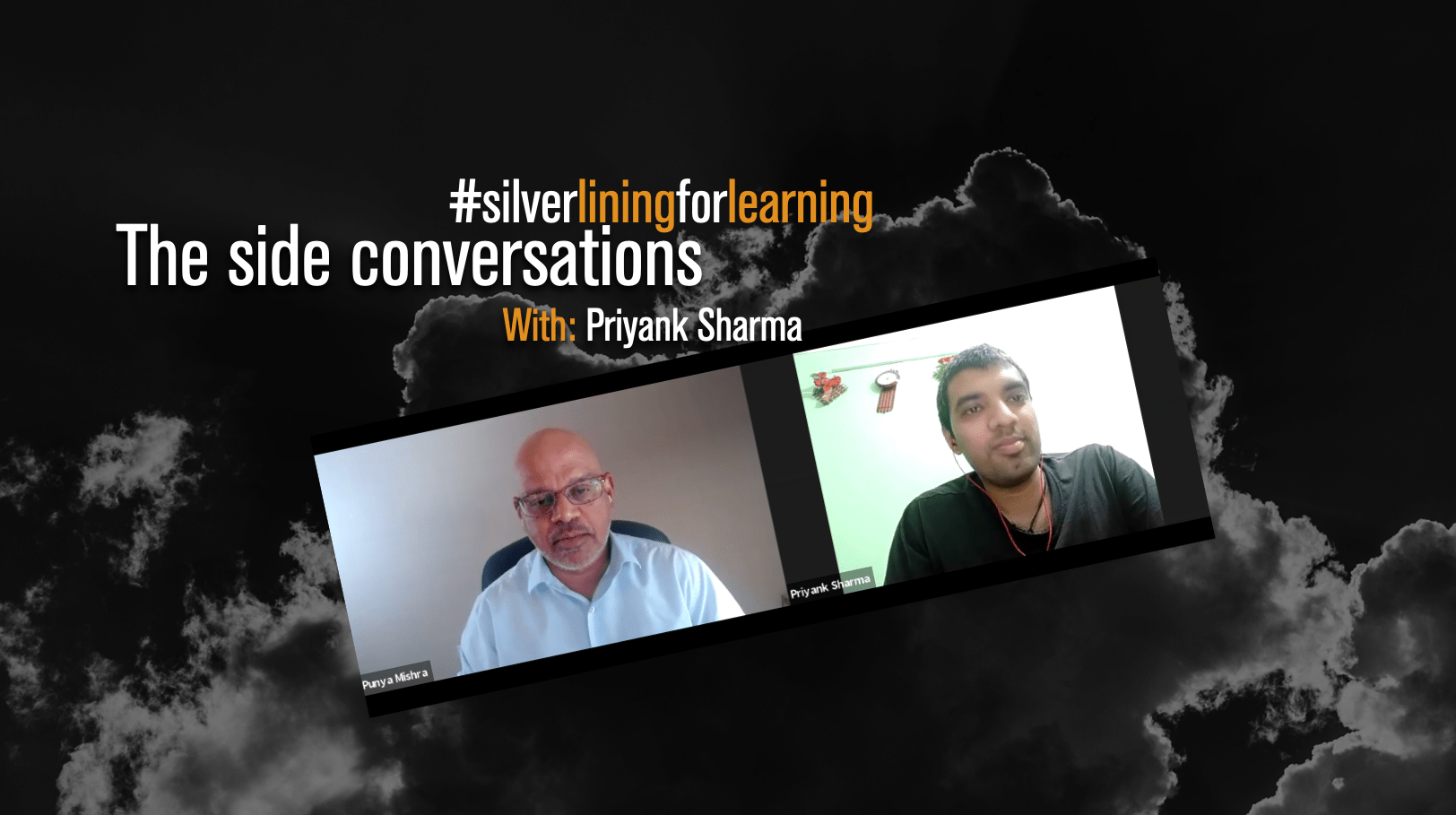Tom Johnson’s Adventures in Pencil Integration is the smartest, sassiest blog I have come across in a long time. This is how the sidebar describes the blog/author.
The year is 1897 and Tom Johnson works for a small school district. This is the story of the journey to move into the twentieth century with paper and pencil integration initiatives.
Yes, this is entirely fictional and any relation to “real life” is entirely coincidental.

What is amazing about API is not just how funny it is (it can be absolutely hilarious), or how intelligent it is (we’re talking IQ and EQ!), how scathing it can be (Ooh! that must have hurt) but how it manages to still have a strong humanistic core. At the end the teacher’s voice rings true, speaking to us across the decades. The blog is written tongue firmly in cheek, inspired by current discussions about technology integration.
But API is not a one trick pony. If it would have been just that (replace computer with pencil and repeat) this blog would get boring very fast. But API is much more than a simple one-note satire. What I have come to appreciate and love about this blog is that I often find it difficult to pinpoint the exact position the author will take next. For instance, if you read “Sorry but you need to learn to use the sharpner” I took it to be a biting piece of satire poking fun of non-tech teachers. This is how it starts
“Hey Techno-Tommy, when you’re on prep I need you to come by and sharpen my pencils,” a math teacher mentions. She turns to another teacher and says, “I know he loves working with pencils.”
Wrong. I love to write with pencils, because I love words. I love to draw with pencils, because I love creativity. I take good care of my pencils, not because I have a special affinity for pencils, but because they are my tools. It’s called stewardship.
What I want to say is, “Sorry, but you need to figure out how to use the sharpener. I know it looks dangerous and it’s made out of metal, but I assure you that you can figure it out. I’ll walk you through it the first time and then you do it on your own the next time. You have to run an update on each pencil and keep them sharp or eventually they won’t work. It’s a simple crank. You can do it!”
Now if every post were along the same lines it would get predictable and boring. But just after you have snickered over that one, comes this, sensitive, ruminative post about what we lose to technology: Do we need a phonograph in my classroom? This is how it ends:
A century from now, we’ll probably have moving pictures at the palm of our hands. We’ll have instant messaging and we’ll probably have a way to plug a tiny phonograph into our ears to hear thousands of songs. Life will be so compressed that people won’t even have a reason to stare out into the stars or watch the son fall into the horizon or sit around a fire and tell stories.
And there is this two part story regarding a little dust-up between the author and another teacher, that again, refuses to let the reader slide into an easy pat answer, demonizing one teacher (or perspective) over another.
But more than anything else read the blog for just the pleasure of it. Here is the ending of a post titled Trouble makers still need pencils.
Sometimes trouble-makers don’t even get a chance. A teacher will say, “Timmy’s just not mature enough for a pencil yet,” meaning “I don’t trust him and I’m scared he’ll snap one in half.” If spoken with just the right calm, condescending voice, even Timmy begins to believe that he is not entitled to use a tool designed for his own education.
Nor should we reward a student who is done with slate-work to go to another table to “play with the pencils.” As long as teachers use this approach they will perpetuate a myth that pencils are toys rather than tools and are meant for amusement rather than learning.

USB Pencil image credit LivBit | Pencil iPhone stand image credit Geeky Gadget



Great information about adventures in pencil integration. Was somethnig that I was looking for.
Thank you!